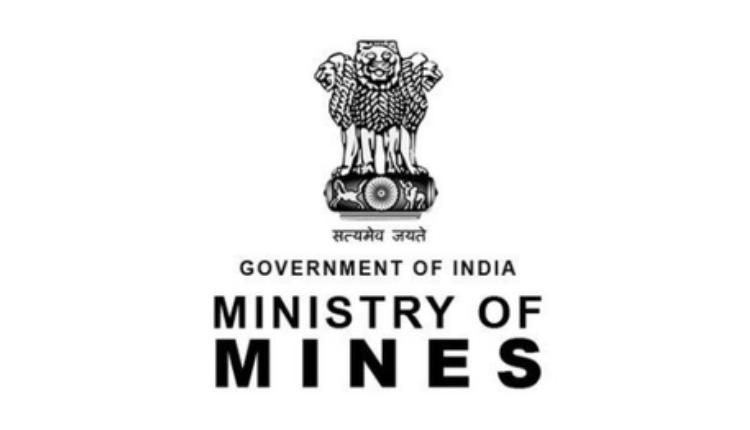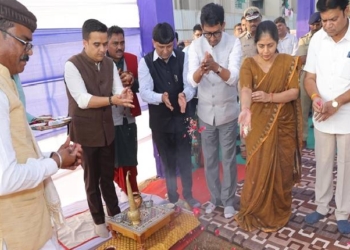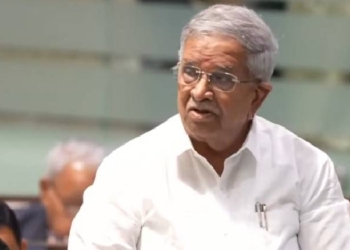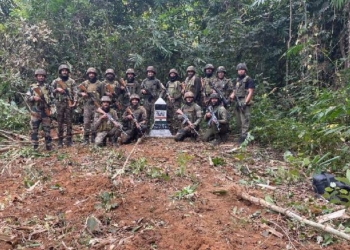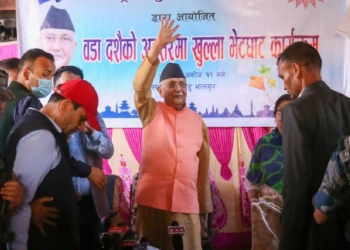New Delhi: Ministry of Mines is organising an outreach programme on the “Role of the Government and Industry in Driving the Global Action of Critical Minerals” on November 29 at Bharat Mandapam in the national capital.
The event will be attended by ambassadors and mission heads of various countries as well as representatives of businesses in India and other stakeholders to take forward the G20 discussions on critical minerals.
The G20 New Delhi Leaders’ Declaration has a paragraph on the critical minerals. The declaration also takes note of the high level voluntary principles.
The Ministry of Mines, as a part of Energy Transition Working Group (ETWG), has actively involved in the deliberations in G20 and was instrumental in ensuring that the role of Critical Minerals in Energy Transitions has been acknowledged by the G20 Community.
To take the deliverables of New Delhi Leaders’ Declaration forward Ministries/Departments are actively engaging to ensure that India’s narrative is embedded in the future G20 work.
As a pivotal member of G20, India has proactively undertaken a series of initiatives aimed at strengthening the supply chain of critical minerals. The Ministry of Mines has already made an Amendment in the MMDR Act which has come into effect on 17th of August, 2023 through which the power to auction 24 identified Critical Minerals is given to the Central Govt.
Further to boost exploration, a provision has also been made for a new mineral concession mainly exploration license exclusively for the identified critical minerals including some deep-seated minerals. This is an effort by the Ministry of Mines to attract junior mining companies to India for exploration.
The exploration activities in the country are being reoriented to give more emphasis on exploration of critical and strategic minerals. The financial incentive up to 25 per cent of the approved cost of exploration is provided for critical and strategic minerals.
The incentive is provided through NMET (National Mineral Exploration Trust) and the public and private sector can avail the incentive on successful discovery of critical minerals.
The Ministry of Mines is in the process of preparing a Policy for the critical mineral which will include a road map for strengthening the supply chain of critical minerals.
The strategy will also identify the responsibilities of different ministries of Govt. of India in ensuring the resilience of the supply chain of critical minerals.
The Ministry of Mines is also preparing a strategy for recycling of metals which will help to augment the recycling capability and streamline the recycling process and will also work with partner countries to co-develop mineral processing and raw material manufacturing capabilities.
Apart from strengthening the domestic mechanisms, collaborative international efforts through multilateral and bilateral engagements have been made to build a resilient critical minerals value chain.
The Ministry of Mine is actively engaging in new partnerships and alliances like the Minerals Security Partnership (MSP), the Australia-India Economic Cooperation and Trade Agreement (ECTA).
The Ministry of Mines in coordination with Council on Energy, Environment and Water (CEEW) has conducted a virtual session on “Decoding G20 consensus on critical minerals for energy transition.
(IANS)




